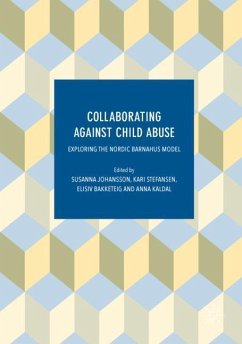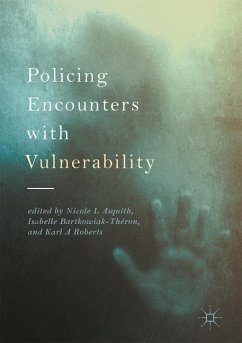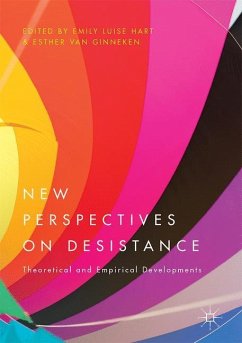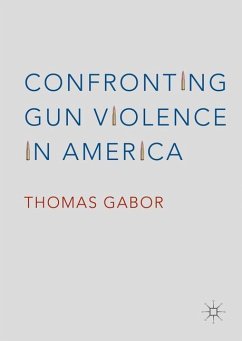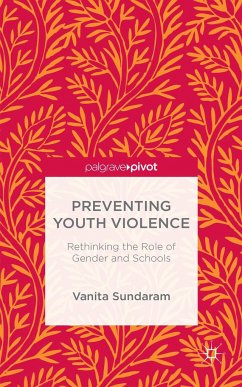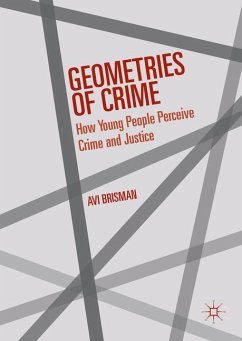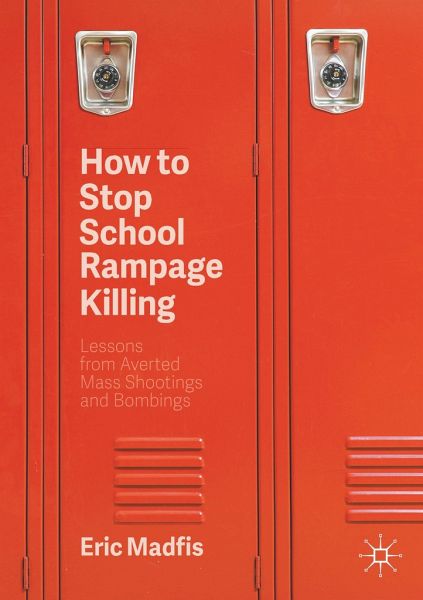
How to Stop School Rampage Killing
Lessons from Averted Mass Shootings and Bombings

PAYBACK Punkte
12 °P sammeln!
This book tackles the important question of how we can understand and learn from the school rampage killings that have been prevented. In the flood of recent accounts and analyses of deadly school rampage killings that plague society and inspire widespread public fear, very little attention has been given to the incidents that almost were. Building on Madfis' previous book, The Risk of School Rampage: Assessing and Preventing Threats of School Violence (2014), this vital work addresses key gaps in school violence scholarship through the examination of averted school rampage incidents in the Un...
This book tackles the important question of how we can understand and learn from the school rampage killings that have been prevented. In the flood of recent accounts and analyses of deadly school rampage killings that plague society and inspire widespread public fear, very little attention has been given to the incidents that almost were. Building on Madfis' previous book, The Risk of School Rampage: Assessing and Preventing Threats of School Violence (2014), this vital work addresses key gaps in school violence scholarship through the examination of averted school rampage incidents in the United States and advances existing knowledge through ground-breaking insights from the latest research on mass murder, violence prevention, bystander intervention, disciplinary policy, and threat assessment in school contexts. This empirical study utilizes in-depth interviews conducted with school and police officials (administrators, counselors, security guards, police officers, and teachers) directly involved in averting potential school rampages to explore the processes by which threats are assessed and school rampage plots are thwarted. Madfis finds that many common contemporary school violence prevention policies and practices are ineffective at preventing rampage attacks and may actually increase the likelihood of their occurrence. Rather than uncritically adopting such problematic approaches, Madfis argues that schools must model prevention practices upon what has proven successful in averting potentially deadly incidents.





